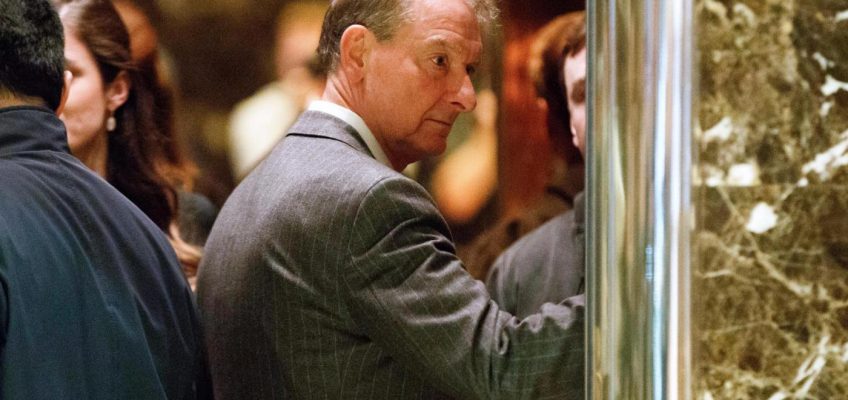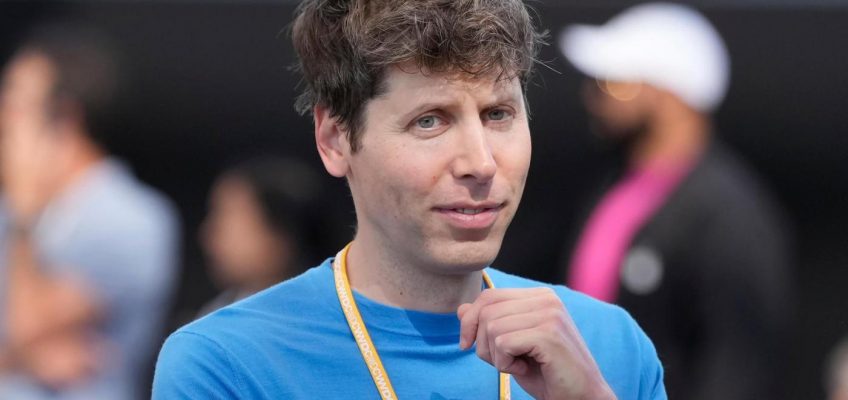The Gophers signed four-star quarterback Jackson Kollock as part of its 2025 recruiting class on Wednesday, but the program is not done at the all-important position going into next season.
The Laguna Beach, Calif., product will join to-be redshirt freshman Drake Lindsey — a four-star QB from Arkansas in last year’s recruiting class — and to-be redshirt sophomore Dylan Wittke — a Virginia Tech transfer from last winter. That’s the top of the Gophers quarterback room next season with senior starter Max Brosmer playing out his final year of eligibility with the impending bowl game.
Gophers head coach P.J. Fleck said Wednesday the U will seek a quarterback in the NCAA transfer portal when it opens next week. He added the U will look to add a total of 10 to 15 players via the portal, based on the U’s roster needs going into 2025 season.
“We absolutely are going to bring in a transfer quarterback to compete,” Fleck said. “I think that is really good for everybody. Drake understands that. Dylan understands that. Max understands that. Everybody understands that. Jackson understands that.”
Fleck said he has been transparent with the current stable of quarterbacks about the Gophers’ intent to add another QB.
Lindsey will be continuing his development during the next few weeks leading up to the bowl game. He gained limited experience in 2024. In two blowouts, he completed 3 of 4 passes for 35 yards and one touchdown.
Wittke appeared in one game last season, but didn’t throw a pass. Kollock will be an early enrollee in January, and Max Shikenjanski of Stillwater will be a redshirt freshman walk-on next fall.
Minnesota Gophers quarterbacks Max Shikenjanski (6), Drake Lindsey (3), Dylan Wittke (14) and Max Brosmer (16) pose for a photograph during the Gophers Football Media Day at Larson Football Performance Center in Minneapolis on Thursday, July 11, 2024. (John Autey / Pioneer Press)
The interesting element will be what level of quarterback the Gophers pursue in the portal, and what kind of player they can obtain? Do they seek someone like Brosmer, who played very well at New Hampshire in the FCS level and can make the jump to the Big Ten? Or do they seek a quarterback from within FBS or even the Power Four level?
Also, how much NIL (name, image and likeness) money are they willing to devote to QB when considering the other potentially more-pressing needs on the 2025 roster?
From another angle, does this mean Lindsey looks into the portal?
Fleck praised Lindsey’s efforts to be a sponge to Brosmer’s leadership on Wednesday.
“You see Max somewhere and Drake is right there,” Fleck said. “It wasn’t just the football piece. It’s the mannerisms. It’s how you lead. It’s what you say and when you say it. How you say it.
“Drake has been able to take all of that and now go apply it in bowl prep. Practice is one thing and bye(-week) practices are one thing. Now it’s bowl prep. … It’s also early spring ball. That is why it is so critical. … It’s already a jump forward to 2025.”
Minnesota has stacked two highly-rated QBs in consecutive recruiting classes, but Fleck and Co. have decided to go in a different direction after they signed Athan Kaliakmanis in the 2021 class and then passed on adding a QB in the 2022 class. Kaliakmanis eventually transferred to Rutgers last year after Fleck sought a quarterback in the previous transfer portal cycle.
“Like we said, go in there and compete and that is what is so fun about it,” Fleck said. “Create that competition that makes everybody else better.”
Related Articles
Signing day tracker: 20 join Gophers football, but two flip to southern schools
Without Mike Mitchell, Gophers guards need to keep stepping up
Strength of Gophers’ football recruiting class: ‘Winning the state’
Breakdown of Gopher football’s incoming recruiting class
Meet Gopher football’s top-rated recruit: Emmanuel Karmo




